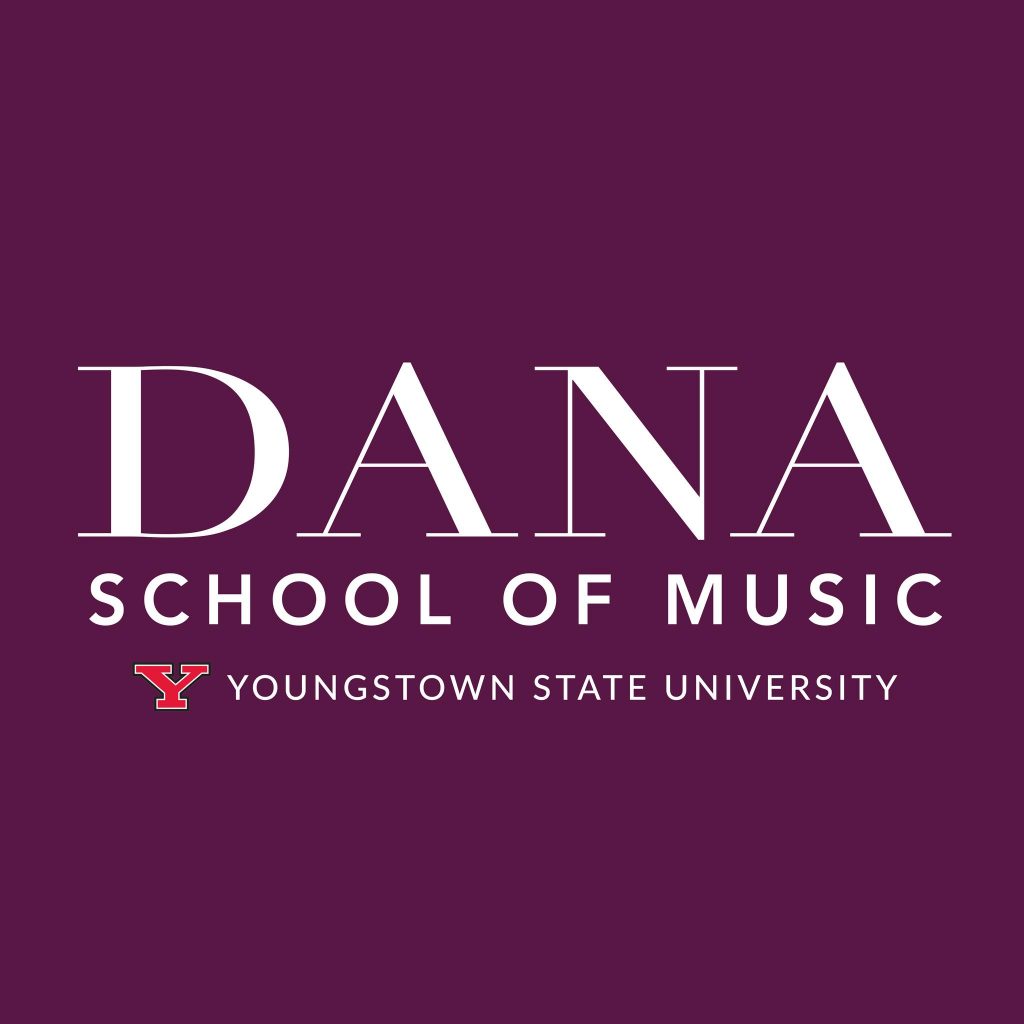by Jarrett Hoffman

As Youngstown State University shared in a statement on its Facebook page yesterday:
Youngstown State University’s Dana School of Music is NOT closing, contrary to social media posts.
Four consistently low-enrolled majors, which have had approximately 12 graduates in the past five years, will be sunset this academic year. These majors include Bachelor of Arts in Music, Bachelor of Music in Composition, Master of Music in Composition and Master of Music in Jazz Studies. Students currently enrolled in these four majors will be able to graduate from their designated major. This step in Taking Charge of Our Future aligns with the Ohio Department of Higher Education’s review of duplicative and low-enrolled programs.
The Dana School of Music will undergo an immediate reorganization to enhance and rejuvenate the school to better serve students and improve the marketability of graduates. This reorganization allows the university to re-envision and differentiate the undergraduate and graduate programs in Music Education and Music Performance as well as continue to support Music Recording and community initiatives, including the YSU Youth Orchestra.
YSU continues to value the Dana School of Music and the impact it has on the university and the surrounding community.
According to an article by Denise Dick in The Business Journal, over the weekend a petition began to circulate online urging people to “Save the Dana School of Music” and to attend a peaceful protest outside YSU’s Tod Hall on Wednesday, January 10 at 4:00 pm.
The petition also links to the website save-Dana.com, where the enrollment figures cited by the University are disputed and the findings of the analytics firm hired by the University are questioned.
RELEASING TODAY:
No live events, but Les Délices will be re-releasing its SalonEra episode “Phoenix of Mexico” in the form of a podcast episode today. The episode, which originally aired in 2021 as part of SalonEra’s second season, features bassoonist Catalina Guevara Víquez Klein, violinist Karin Cuellar Rendon, and mezzo-soprano Raquel Winnica Young in an exploration of personal connections to Sor Juana Inés de la Cruz (1648-1695). Listen here or wherever you get your podcasts, and read Stephanie Manning’s review of the episode here.
TODAY’S ALMANAC:
by Daniel Hathaway
On this date in 1713, Italian composer and violinist Arcangelo Corelli died in Rome at the age of 59 and was honored with burial in the ancient Pantheon. His violin sonatas and concertos helped codify those musical forms and were admired, imitated, and arranged by such composers as Bach and Handel. In one of the few live performances from the Severance Hall Stage in the 2020-21 season, guest conductor Nicholas McGegan led members of The Cleveland Orchestra in a program that included Corelli’s “Christmas” Concerto. Watch here on the Orchestra’s Adella platform (subscription or one-time fee required).
On January 8, 1957, American composer David Lang was born in Los Angeles. He describes himself in his biography as “Passionate, prolific, and complicated, David Lang embodies the restless spirit of invention; he is at the same time deeply versed in the classical tradition and committed to music that resists categorization, constantly creating new forms.” One of the founders of Bang on a Can and the author of Little Match Girl Passion, Lang conceived Lifespan, an installation that involved members of The Crossing blowing on a suspended 4 billion-year-old rock at the Cleveland Museum of Art in January, 2017. Watch here.
And on January 8, 1998, British composer Sir Michael Tippett died in London at the age of 93. Regarded along with Benjamin Britten as one of the preeminent British composers of the 20th century, and like Britten, a pacifist, Tippett is remembered today for his operas and for the oratorio A Child of Our Time, which he began composing in 1939. The subject was inspired by the murder of a teenaged Jewish refugee in Paris that set off the events of Kristallnacht in November, 1938. Basing its structure on Handel’s Messiah, the oratorio used African American spirituals as commentary in the same way that J.S. Bach used Lutheran chorales in the Passions.
Simon Rattle talked about the work with Andrew Sachs in this interview. Watch a complete 2011 performance by the Concertkoor Haarlem and the Promenade Orkkest here.
The chorales are frequently performed by themselves, as they were by Leonard Slatkin and the BBC Chorus and Orchestra on the Last Night of the Proms in London’s Royal Albert Hall in September, 2011. Slatkin chose to program them in place of the usual end-of-Proms revelry due to the 9/11 attacks that happened only days before. Watch here.



